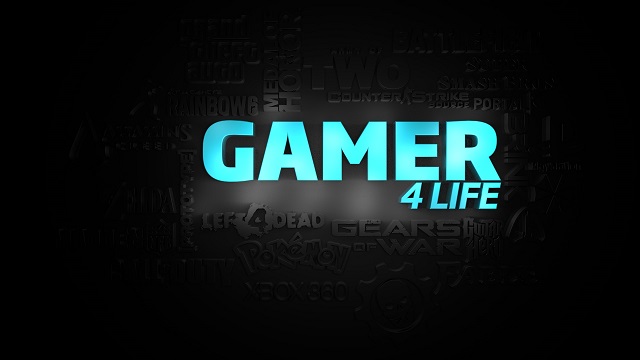The U.S. Department of Education is partnering with the gaming industry to bring their products to the classroom. This effort, like textbooks, can become a billion dollar industry.
If every public school in America integrates gaming into the public school curriculum what will be the positives and negatives?
In her column “Transforming Education Beyond Common Core: Crony Capitalists Promote Gaming in the Classroom“, Dr. Mary Grabar writes:
It is true: the technology can offer promising results in many applications, for example in medicine or flight simulation. But the overall thrust [of the U.S. DOE Games for Learning Summit] was that games provide advantages in “cultivating dispositions” – games for “social change,” as the name of the group and festival indicates. As for such subjects as history, one wonders: can we really go back in history, or just the history that the game designer decides to create for us?
[ … ]
One of the reasons for the widespread opposition to Common Core has been the cost of buying new Common Core-aligned textbooks. But the speakers enthused about replacing textbooks with games, and not only to teach such subjects as science, but also history and civics. Games would “transform” education, taking the idea of “flipped classrooms,” where students watch videos at home and do homework in class, to a whole new level. Virtual reality and augmented reality would produce amazing results.
The U.S. DOE Office of Educational Technology website states:
Video games are important learning tools that provide immersive, interactive, and creative spaces for students to learn and explore in the 21st century classroom. The U.S. Department of Education recognizes the proven power of digital games for learning and is committed to fostering the broader adoption of high quality games in schools and informal learning settings.
What are the pros and cons of this growing edu-entertainment complex?
Perhaps it is important to note the Department of Defense experiences since introducing gaming in 2002. In the column “Playing War: How the Military Uses Video Games: A new book unfolds how the “military-entertainment complex” entices soldiers to war and treats them when they return” Hamza Shaban writes:
According to popular discourse, video games are either the divine instrument of education’s future or the software of Satan himself, provoking young men to carry out all-too-real rampages. Much like discussions surrounding the Internet, debates on video games carry the vague, scattershot chatter that says too much about the medium (e.g. do video games cause violence?) without saying much at all about the particulars of games or gaming conventions (e.g. how can death be given more weight in first person shooters?).
I recently had an extended conversation with John Jorgensen, founder and CEO of the Sylint Group, and USAF Brigadier General (Ret.) Charly Shugg, Sylint’s Chief Operations Officer, on where we are on cyber security and where we are headed. Both John and Charly understand that technology is ubiquitous. It is present, appearing and found everywhere. As technology expands so does the possibility of those with the necessary skills to use it for both good and evil.
The more we tune in, turn on and hook in to technology the greater the threat to individual privacy and freedom.
Gaming is becoming mainstream in education. But are we creating an environment where public school children will become addicted to gaming, if they aren’t already? One example of game-addiction is that of Clifford Davis. Davis, who lived with his mother, in 2005 killed her, had sex with her dead body, then lured his grandfather to his mother’s home and killed him. John Jorgensen was called into the case to determine the sanity of Davis. He did a forensic study of Davis’s computer and found that Davis gamed 16+ hours a day. Jorgensen said that Davis became one of the characters in one a the games, a woman. Davis took on this female character’s personality. Gaming may have played a role is Davis’s bizarre and deadly actions in 2005.
The greatest threat is when a gamer takes on the values of the game, which are not necessarily societies values. What happens if your child or grandchild is required to become part of the edu-entertainment complex? Will your child become a character in the game or not?
That is the question. Time will tell.
RELATED ARTICLES:
White House OSTP: The White House Education Game Jam
USA Today: White House “game jam” lures top video game developers
Wolf Sharks, energy drinks and learning standards: Reflections from White House Education Game Jam
Toward a better culture of games







